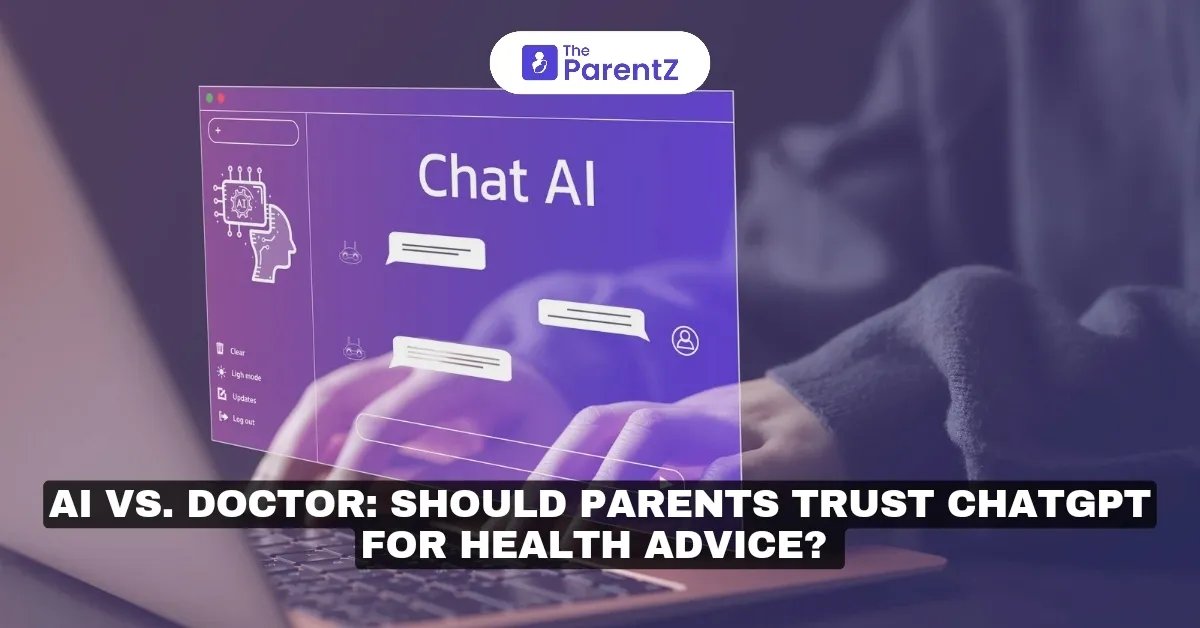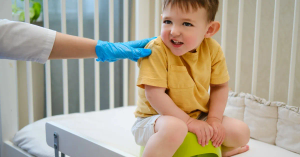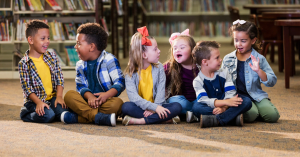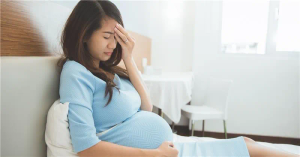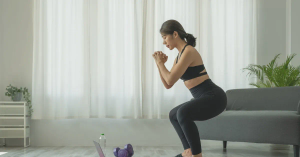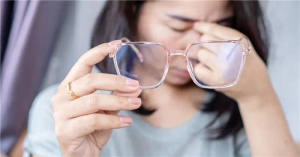When it comes to getting health advice for kids, every parent wants to get it right. However, with the rise of tools such as ChatGPT, even the landscape of medical advice is changing. This is where many parents often find themselves questioning: can they trust chatGPT for health advice over a real-life doctor, especially for their little ones? Even though AI offers quick and data-driven responses, it becomes extremely important to understand where the technology falls short compared to a healthcare professional.
Read below this article to explore the value and limitations of AI technology, whether it actually fits the medical advice puzzle, and why it can't replace the human touch yet.
The Rise of AI in Health Advice
Did you know that 37 percent of Americans accepted that they’ve used AI services for general information, while 50 percent have reported relying on AI for specific questions on parenting and health issues?
And the appeal is quite understandable—it's quick, cost-effective, and available 24 x 7. However, in reality, the responses lack the nuanced perspective a doctor brings.
So, for example, while ChatGPT may be able to present the symptoms and causes of cough, it won’t ask about the subtleties: how long the cough has persisted, the pitch of the cough, or other related health concerns.
The Knowledge Gap
The truth is, a doctor spends years of training in medical knowledge and understanding of how symptoms connect and the individuality of cases. On the other hand, AI doesn’t understand the human body on a personal level.
So, if a parent has a specific health concern about their child’s growth, there are several aspects a doctor would address, including developmental stages, family health history, and environmental factors. But while AI technology may give a proper response, it's restricted to an approximate personalised care.
AI: Complementary, Not A Replacement
Yes! ChatGPT is incredibly helpful. However, it is best when it is viewed as a supplementary and not a replacement for professional medical advice.
In fact, according to The Lancet Digital Health, AI-assisted recommendations align with doctor-provided advice about 60% of the time on common issues.
However, that still leaves a significant knowledge gap where personal expertise is irreplaceable. In simple words, chatGPT is helpful for parents seeking advice on breastfeeding tips, sleep routines, or mild cold remedies; it shouldn’t be considered for anything that seems severe or persistent.
When Should You Rely on AI and When Not?
AI tools such as ChatGPT are helpful resources when it comes to general parenting advice, sleep routines, age-based milestones, or safe recipes for common allergies. So, for basic questions that don't need in-depth or personalised understanding of family history and other elements, chatGPT responses can be relied on. However, for symptoms like persistent fevers, changes in behaviour, or any issue that’s causing significant worry, consulting a doctor is something that isn't negotiable. In short, doctors offer insight and reassurance that even the most advanced AI can’t replicate.
Takeaway
In the digital age, AI tools are greatly effective when it comes to providing information on various topics, including parenting and child health too. However, the use comes with an understanding of its limitations, especially when it's about your little ones’ health. After all, technology cannot match the accountability and human intuition that real-life doctors have to offer.
